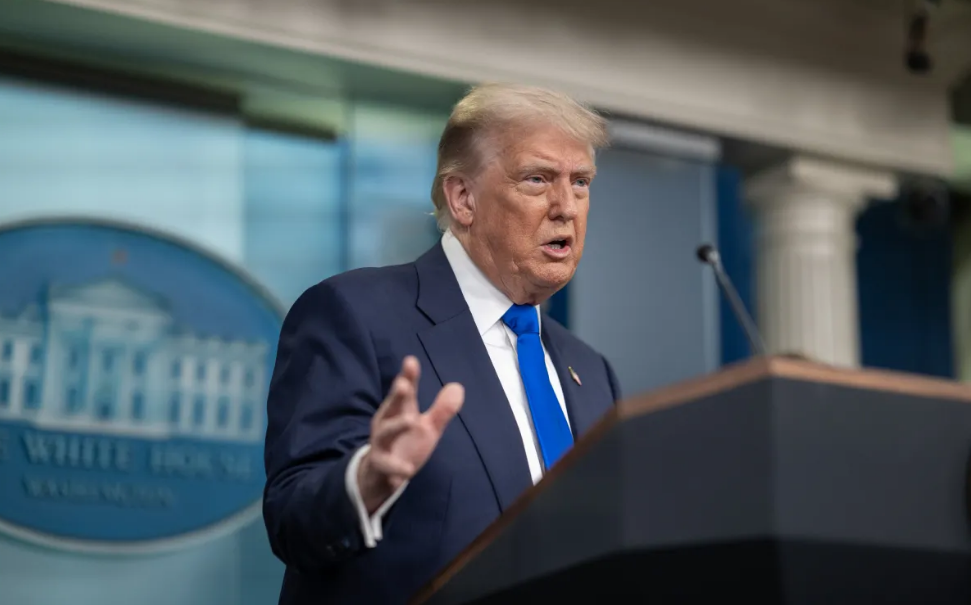On July 12, U.S. President Trump announced via his social media platform Truth Social that, due to the failure to reach a comprehensive trade agreement with major trade partners the EU and Mexico after weeks of negotiations, a 30% tariff will be imposed on imports from Mexico and the EU starting August 1. In letters to European Commission President Ursula von der Leyen and Mexican President Claudia Sheinbaum, Trump stated that if better terms could not be negotiated, the new tariff rate would take effect on August 1. This year, Trump's trade policies have continued to create chaos for U.S. trade partners and inject uncertainty into global financial markets. Recently, Trump has been sending letters to various countries adjusting the reciprocal tariff levels proposed in April and inviting trade partners for further negotiations. The EU had hoped to reach a temporary trade agreement with the U.S. to avoid higher tariffs, but Trump's latest letter has shattered the recent optimism from the European Commission regarding a last-minute agreement between the two parties. However, Trump has left room for further adjustments to the tariff rates, stating, "If your side is willing to open the currently closed trade market to the U.S. and fully eliminate all trade barriers, including tariffs and non-tariff measures, the U.S. may reconsider the terms outlined in this letter." In response, Ursula von der Leyen acknowledged Trump's letter and warned that this move would harm both economies. EU ambassadors are scheduled to meet on July 13 to discuss the trade situation. Von der Leyen stated, "We remain ready to continue working towards an agreement before August 1. Meanwhile, we will take all necessary measures to protect EU interests, including appropriate countermeasures if necessary." Regarding the EU, Trump initially announced a 20% reciprocal tariff in early April but later reduced it to 10% as a concession for a 90-day negotiation buffer. However, he quickly became dissatisfied with the 27-nation bloc and threatened to raise tariffs to 50%, prompting further negotiations. The new tariff rate is broad in scope but separate from Trump's tariffs on specific industries such as automobiles and steel. Concerning Mexico, Trump stated in his letter to President Sheinbaum that Mexico has "always helped us secure our borders," but "that is not enough." He mentioned that if Mexico successfully combats drug cartels and stops fentanyl from entering the U.S., the U.S. would consider adjusting the tariffs. He added, "Tariffs may be adjusted based on the developments in U.S.-Mexico bilateral relations." The letter did not address whether the U.S. would maintain exemptions for goods under the USMCA, which are currently exempt from the existing 25% tariff. The U.S. government had previously stated it would keep exemptions for Canada. Mexican Economy Minister Marcelo Ebrard posted on social media that the new tariffs are "unfair" and noted that the two countries had recently formed a new working group to address security, immigration, and economic issues.
Trump Announces New 30% Tariff on Imports from Mexico and EU

Share this post on: